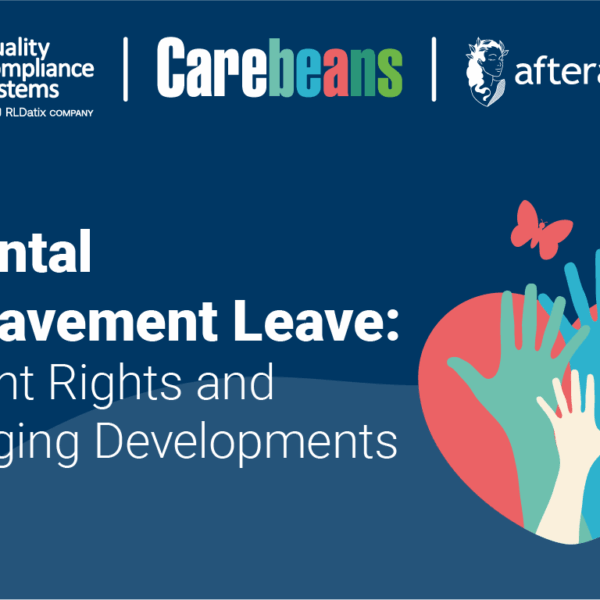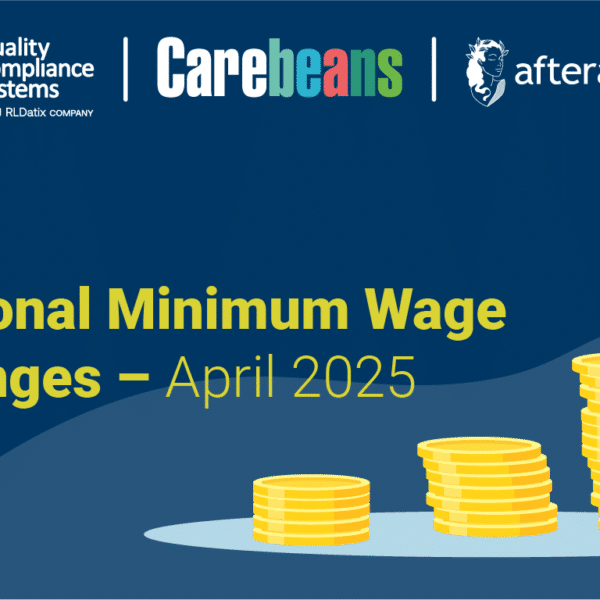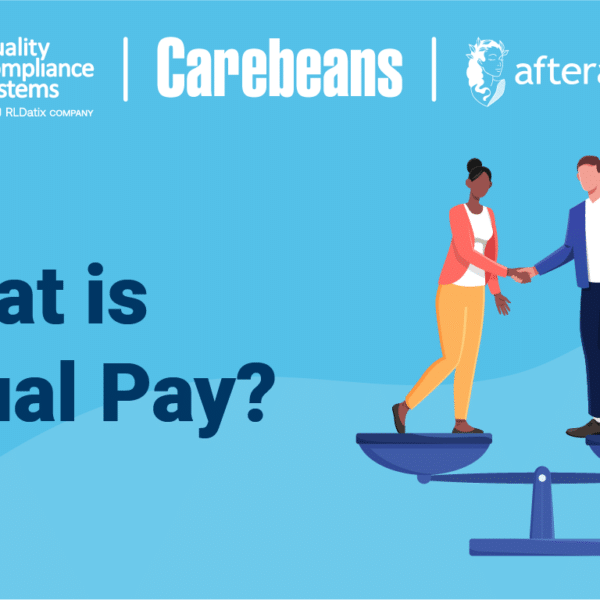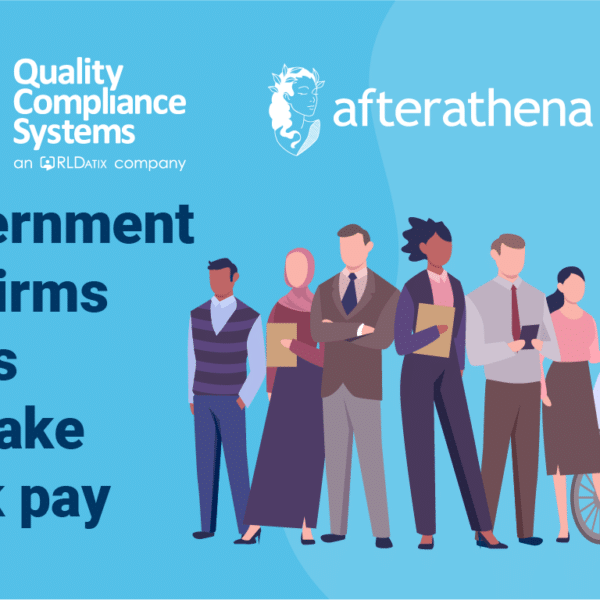National Bereaved Parents Day, which falls on 3rd July, is a time to acknowledge the profound grief some experience in parenthood, and to reflect on the importance of compassionate support in the workplace when the unimaginable happens.
The UK was one of the first, and remains one of the few, countries to introduce a statutory right to Parental Bereavement Leave, which came into effect in 2020. However, many employees feel there is still a long way to go. The legislation followed tireless campaigning by Lucy Herd, whose son Jack tragically died in 2010 at just 23 months old. At the time, Jack’s father was expected to return to work just three days after his death. In response, Lucy campaigned for a statutory right to bereavement leave, which was eventually introduced under the name Jack’s Law.
Under current employment legislation, bereaved parents are entitled to two weeks’ statutory leave if they lose a child under the age of 18, or experience a stillbirth after 24 weeks of pregnancy. This leave can be taken in a single block, or two separate blocks of a week, within 56 weeks of the child’s death. Statutory Parental Bereavement Pay currently stands at either £187.18 per week, or 90% of average weekly earnings, whichever is lower, a figure reviewed annually, like the national minimum wage.
To qualify for leave, you must be the child’s parent(s), which includes an adoptive parent, prospective adopter, intended parent under a surrogacy arrangement, a parent “in fact” (someone looking after the child in that person’s own home for the last four weeks), or that person’s partners, but not a paid carer.
A key gap in the legislation is the lack of entitlement for those who experience pregnancy loss before 24 weeks. These parents currently have no statutory right to bereavement leave, prompting calls for reform. Under the proposed Employment Rights Bill (ERB), change may be on the horizon. The Government has proposed extending the right to include losses before 24 weeks (which would cover unsuccessful attempts at in vitro fertilisation as a result of embryo transfer loss), aiming to increase inclusivity and support for those affected.
While no formal commitments have yet been made, the Government has acknowledged the importance of improving support in this area. Campaigners and charities such as Sands and the Miscarriage Association have long advocated for recognition of early pregnancy loss, noting that its emotional impact can be profound. Many affected employees are currently left to rely on sick leave or annual leave during this deeply challenging time.
Under the ERB, the Government also plans to introduce a new right for employees from day one of employment to at least one week of unpaid bereavement leave, which we expect to apply following the death of a spouse, civil partner, parent, child or someone in the same household that isn’t a tenant, lodger or employee.
If all of these proposed changes are realised, they would reflect a broader shift towards greater recognition of grief in the workplace, and a growing understanding of the need for compassionate, inclusive policies that support staff wellbeing. For employers, this is an opportunity to go beyond the legal minimum. Reviewing bereavement policies to ensure they are flexible, and supportive, particularly in cases of pregnancy loss and non-parental bereavement, can make a significant difference.
HR teams and management also play a vital role in supporting employees through bereavement. From processing leave requests with sensitivity to signposting counselling services and managing returns to work with care, HR can help ensure that an organisation’s response is both legally compliant and emotionally intelligent. Moreover, HR can shape a compassionate culture by equipping line managers to respond flexibly and by
ensuring policies are inclusive of different types of loss, including miscarriage and other family bereavements.
As we mark National Bereaved Parents Day, we are reminded not only to reflect on existing rights but also to champion continued progress. Employers and HR professionals all have a role to play in ensuring that those navigating bereavement are met with understanding and empathy.
If you have any questions in relation to bereavement arrangements, please do not hesitate to contact a member of the AfterAthena team (part of the Napthens Group) who are able to offer 30 minutes of free advice to QCS members.
If you have any questions in relation to environmental proposals to help support employees take steps in relation to climate change, please do not hesitate to contact a member of the AfterAthena team (part of the Napthens Group) who are able to offer 30 minutes of free advice to QCS members.
Contact AfterAthena
Filter Posts:

Parental Bereavement Leave: Current Rights and Emerging Developments

National Minimum Wage Changes – April 2025

What is Equal Pay?

Unlocking the Potential of your Workforce – Engaging Apprentices







